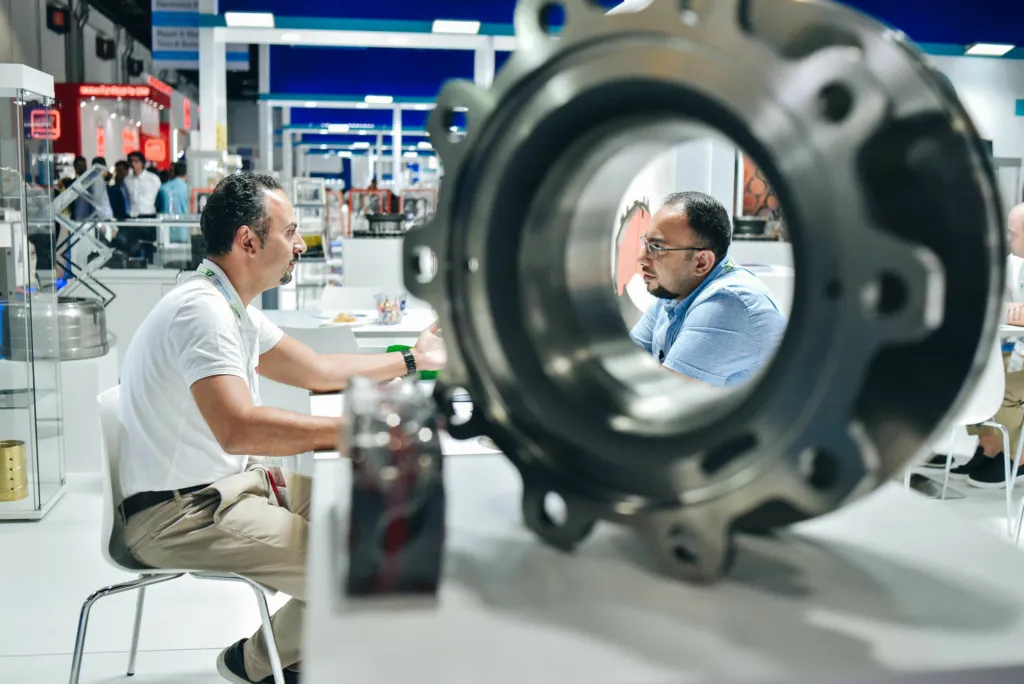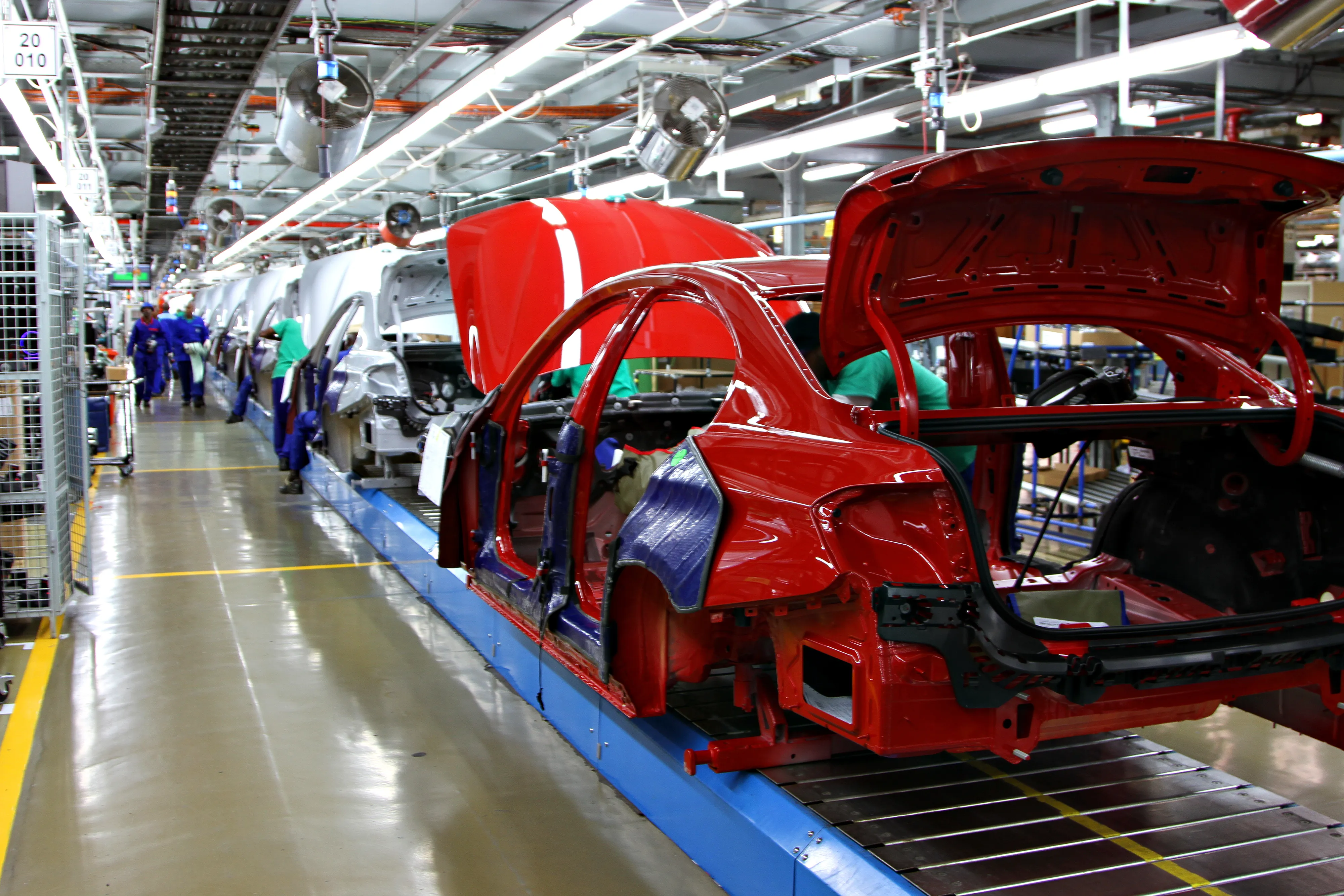A boom in Egypt’s automotive parts industry is being fuelled by a burgeoning population, vehicle sales growth and government moves to combat auto emissions, according to a new report highlighting the sector.
The combination of these factors, against a backdrop of post-pandemic economic growth, has accelerated the Egyptian market for car spare parts, accessories, and vehicle components, which is now worth between $1-2 bn, German consultants Africon GmbH say.
Opportunity Rising
The IMF predicts that growth in Africa’s second largest economy, with a GDP of $360bn, will slow to around 2.5% this year, but then recover to more than 5% from 2022 onward.
After tough years in 2016/17, inflation has dipped to around 6%, unemployment is on the decline and GDP per capita in US dollar terms has surged by almost 50%, a recent report by Africon found.
“Consequently, Egypt has been the largest recipient of FDI in Africa for several years in a row, receiving more than $9 billion worth of investments in 2019 and almost $6 billion in 2020,” the report says.
Growth: From zero to fifty
Infamous for Cairo’s traffic snarled roads, the country’s automotive industry is one of the sectors benefiting from the wider economic uplift.
The country is home to one of Africa’s largest vehicle fleets with around six million vehicles on the country’s roads, the majority of which are passenger cars (approximately 4.6 million).
This is followed by almost a million trucks and about 470,000 buses. Most passenger cars are petrol-powered, while many commercial vehicles rely on diesel engine. That could soon change as the global energy market shifts to cleaner solutions.
“The government is increasing the share of dual-fuel cars, which can use both petrol and compressed natural gas (CNG). Around 300,000 vehicles in Egypt already use CNG. This number will likely increase further over the next years,” the paper reports.
Egypt is also taking steps to replace internal combustion engines with more environmentally friendly alternatives. Last year the government announced an initiative to encourage consumers to replace old vehicles for new ones operating on CNG engines with extended credit facilities among its green program incentives. This has led to China’s Dongfeng Motors planning to assemble up to 25,000 electric vehicles a year in an Egyptian assembly plant.
The brand make-up of the country’s vehicle fleet is changing. Market dominance by Chevrolet/Isuzu, Hyundai, Toyota, and Nissan could be eroded by the entry of European and Chinese brands which are fuelled by preferential import duties, the report says
New vehicle sales in Egypt have recently surged to more than 200,000 units per year, with around half of this figure assembled locally, the whitepaper found.
“Egypt is home to notable local vehicle assemblers like GB Auto, General Motors Egypt / Mansour Automotive, and Nissan. While most passenger vehicles are produced for the domestic market, many buses are exported to regional markets,” it explains.

Changing lanes
Change is also on the horizon in Egypt’s heavily import-driven spare parts and components market, which is dominated by Asian suppliers, namely China, Korea, and Japan.
But the local component manufacturing market is gaining ground and supplying local vehicle assemblers and export markets with a range of batteries, brake parts, wiring and other components.
Egypt’s importer and distributor landscape is a fragmented tangle of small and large companies, mostly based in Cairo.
The importers and distributors sell directly to end-users, workshops, and a network of wholesalers and retailers across the country.
Want to continue reading? Subscribe today.
You've read all your free articles for this month! Subscribe now to enjoy full access to our content.
Digital Monthly
£8.00 / month
Receive full unlimited access to our articles, opinions, podcasts and more.
Digital Yearly
£70.00 / year
Our best value offer - save £26 and gain access to all of our digital content for an entire year!
 Sign in with Google
Sign in with Google 



